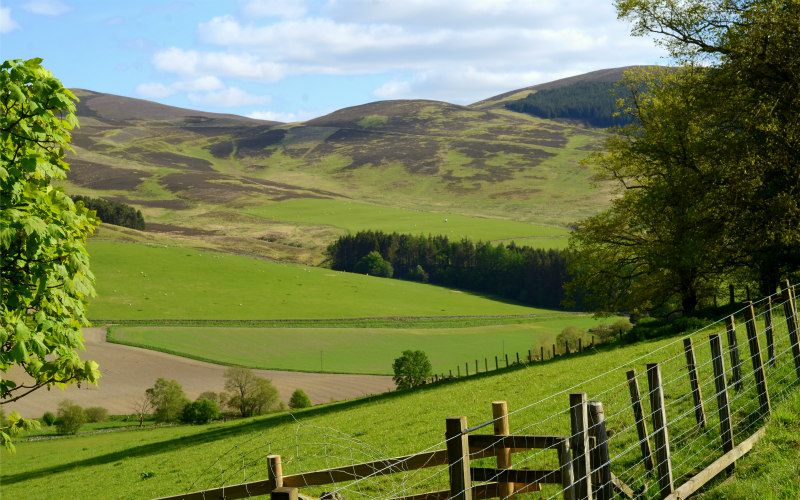
Scottish Natural Heritage (SNH) is tasked with ensuring that the natural environment in Scotland is preserved and managed correctly.
Where there are sites of particular natural importance to the country, SNH has the power to classify the land as a Site of Special Scientific Interest (SSSI). As at 1 February 2014 there were 1425 SSSIs covering just under 1,020,000 hectares or 12.7% of Scotland’s land mass.
If part of your land is classed as an SSSI and you intend to carry out works on, or change the use of, that land then one question to consider is: Do I require SNH consent for the proposed works or change of use?
SNH has the power to regulate SSSI sites in terms of the Wildlife and Countryside Act 1981 (as amended) and the Nature Conservation (Scotland) Act 2004. If you are the owner of land which is classed as an SSSI, then you should have been provided with a Schedule of Operations Requiring the Consent of SNH (“ORCs”) in relation to that land. If you are aware of an SSSI on your land, but are unsure about the ORCs that affect the land, then you can access the information at SNH site.
ORCs are a list of activities which SNH consider may damage the natural features of an SSSI. There are 31 general operations listed in the statutes that require consent and each SSSI will have its own schedule stating which of the operations on the statutory list are applicable to that particular site. If you wish to carry out any of these activities for the first time on an SSSI, or change the level of an existing activity, then you will need to apply to SNH for their consent. Carrying out activities which require consent on land classed as an SSSI without first obtaining the relevant approval from SNH is potentially a criminal offence.
ORCs are binding on the land and therefore it may be that consent for the activity in question has already been granted to a previous proprietor. If you purchase land which has the benefit of consents already in place it is worth checking with the seller as to the nature and level of the consent granted. SNH advise that the most common breaches of the legislation in relation to ORCs occur where landowners increase activities beyond the level for which consent has been granted by SNH (e.g. the increase of grazing intensity beyond the consented level) as opposed to situations where new activities are carried out without initial approval.
If you wish to carry out one of the operations requiring consent, you must apply to SNH for that consent in writing prior to commencing any activity. SNH should respond within 4 weeks and may impose conditions on the grant of consent, for example providing that the operations should be carried out in a particular way in order to protect the land. If a response is not provided within 4 weeks consent is deemed to have been refused. A right of appeal is available for refusal of consent or the grant of consent with unduly onerous conditions.
Finally, there are some exclusions where ORCs are not required. These primarily relate to situations where another statutory body (for example SEPA, the Crofting Commission, the Forestry Commission, or the Scottish Fisheries Board) has already consented to the activity, or change of level of the activity.
Lesley Mearns is a solicitor in our specialist Land and Rural Business Team. If you have any questions in respect of operations requiring consent, obtaining consent, or appealing a refusal of consent, then please ask to speak to a member of our Land & Rural Business team on 01382 229111.
